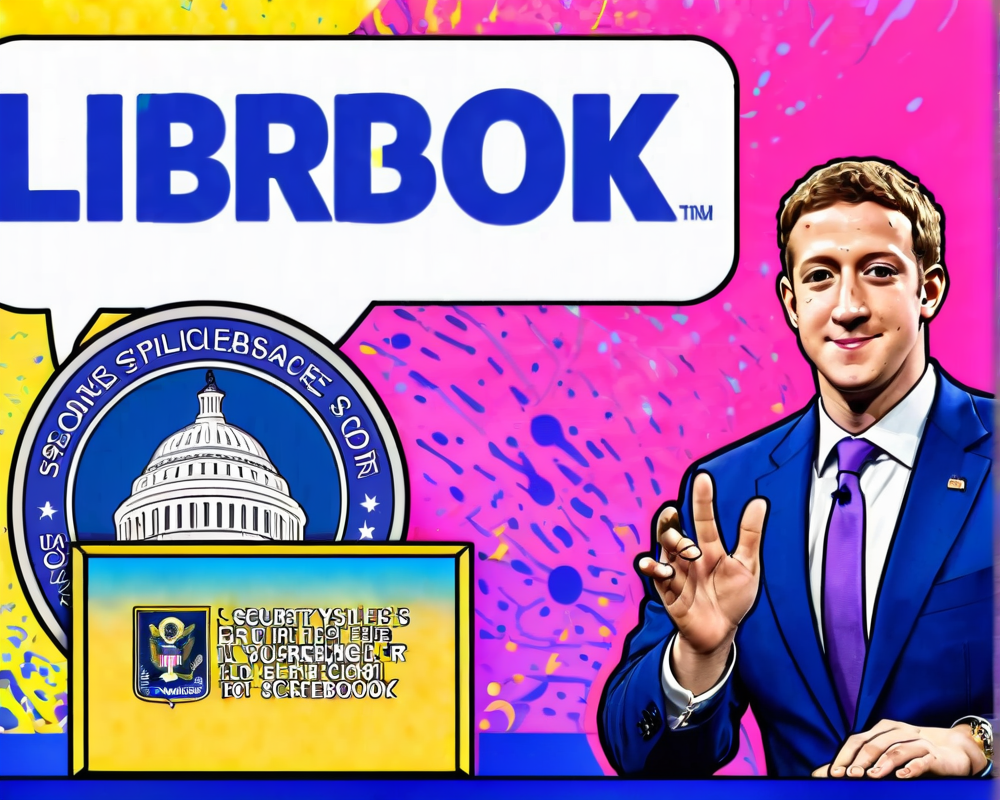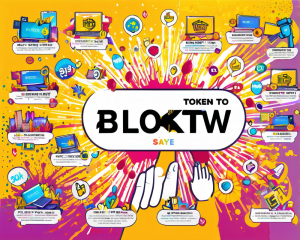Seeking Clarity in the Crypto Chaos
In a bold move that could reshape the future of digital currencies, American lawmakers have introduced a bill aimed at placing Facebook’s Libra stablecoin under the watchful eye of the U.S. Securities and Exchange Commission (SEC). Two Texas representatives, Sylvia Garcia and Lance Gooden, stand at the forefront of this bipartisan initiative, delivering us a gripping tale of regulation versus innovation.
The Managed Stablecoins are Securities Act of 2019
Dubbed the “Managed Stablecoins are Securities Act of 2019,” the bill emerged from a committee hearing focused on the increasingly significant role of major data players in financial services. The premise revolves around one key argument: are managed stablecoins like Libra actually securities?
Representative Sylvia Garcia asserts they are, with a confidence that could convince even the most reluctant investor:
“This legislation simply clarifies the statute to remove any ambiguity. Bringing clarity to the regulatory structure of these digital assets protects consumers and ensures proper government oversight going forward.”
Consumer Protection is Key
Hailing from the other side of the aisle, Gooden emphasizes that Congress must clarify the regulatory framework governing stablecoins. He argues that consumers deserve the same security and oversight as traditional financial securities:
“In what are called ‘managed stablecoins’, we have trusted brands marketing digital assets to consumers as secure and stable… Everyday investors need to know they can trust the issuers behind their financial assets.”
Libra’s Identity Crisis
However, not everyone is on the regulation bandwagon. Those behind Libra vehemently deny that it falls under the security umbrella. During a past hearing, the head of Facebook’s Calibra, the digital wallet associated with Libra, claimed it could potentially be treated as a commodity, essentially saying, “Why call it a security when it can be a shiny new coin instead?”
Regulatory Battles Nationwide
This debate isn’t isolated to Facebook; it reflects a broader struggle all tech giants face in the digital currency landscape. For instance, the SEC recently declared Telegram’s $1.7 billion Gram token sale illegal, claiming that those tokens are also securities. Telegram quickly countered, claiming Gram is not a security either. Talk about a confusing game of regulatory dodgeball!
The Future of Digital Currency Regulation
As these discussions unfold, the concerns about consumer protection remain at the forefront. With lawmakers actively seeking to define the characteristics of managed stablecoins, it’s clear that the battle between regulation and innovation is just getting started. Whether Libra will find itself neatly categorized as a security or continue to float freely in the crowded sea of digital currencies will largely depend on the outcome of this legislation—and perhaps the wisdom of Congress as they look to guide the future of finance.















+ There are no comments
Add yours